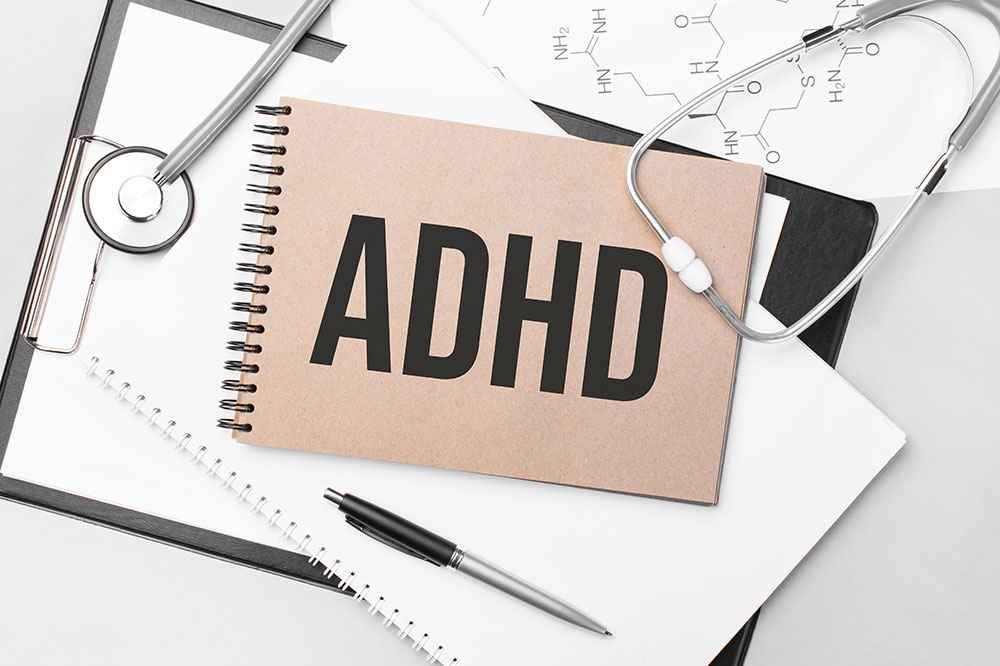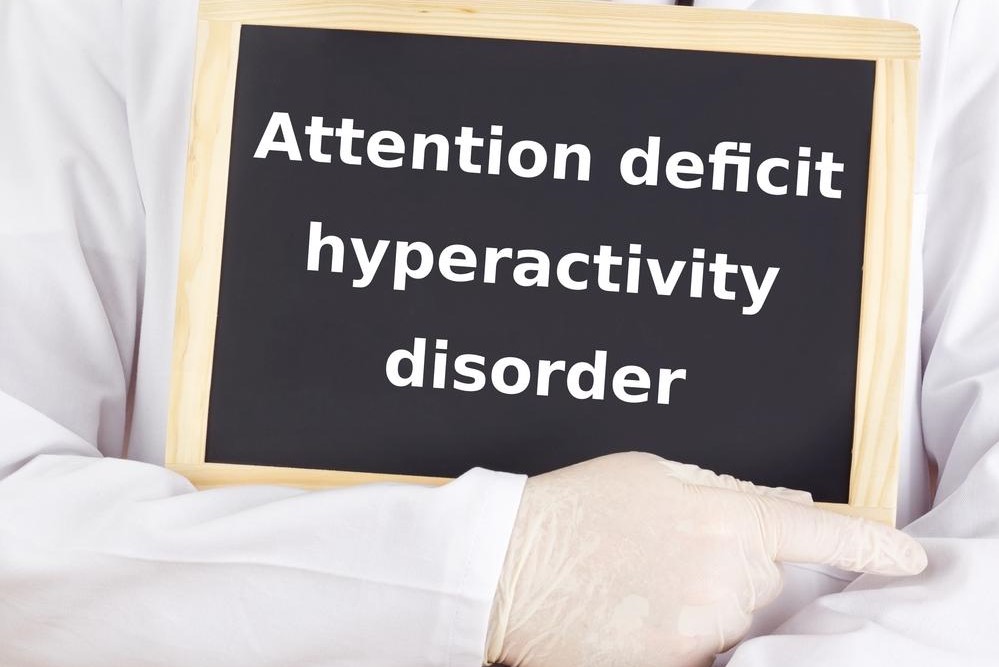Effective Dietary Strategies for Managing ADHD Symptoms
This comprehensive article explores dietary habits that influence ADHD management, emphasizing foods to avoid and nutritional strategies to improve symptoms. It discusses how sugar, artificial additives, and caffeine can exacerbate hyperactivity and impulsiveness in individuals with ADHD while highlighting the benefits of healthy eating habits. Combining medication with mindful diet choices offers a holistic approach to controlling ADHD, supporting better focus, calmness, and overall well-being. Practical tips and expert advice provide valuable guidance for individuals seeking to optimize their lifestyle for symptom control.

Foods That Can Potentially Worsen ADHD Symptoms and How to Avoid Them
Attention Deficit Hyperactivity Disorder (ADHD) is a complex neurological condition that affects millions of individuals worldwide, spanning across children and adults alike. It manifests through a range of behavioral and cognitive challenges, including inattentiveness, forgetfulness, impulsiveness, hyperactivity, and difficulty focusing. While pharmacological treatments such as stimulant medications like Adderall®, Concerta®, and Daytrana® have proven effective for many, emerging research underscores the importance of lifestyle and dietary modifications to optimize symptom management.
Diet plays a crucial role in influencing brain function and behavior. For individuals with ADHD, understanding which foods might aggravate symptoms is vital for maintaining better control over daily challenges. Certain dietary choices can either help reduce symptom severity or unintentionally intensify issues like hyperactivity, impulsivity, and inattentiveness. Therefore, making informed decisions about food intake can significantly contribute to an overall strategy for managing ADHD more effectively.
Common Foods That May Exacerbate ADHD Symptoms and Why
Recognizing and limiting specific foods can be a beneficial part of an integrated approach to ADHD management. Here are some key dietary items to watch out for:
High-Sugar and Artificially Colored Sweets
Many processed candies, desserts, and snacks are loaded with added sugars and synthetic coloring agents. These substances can trigger spikes in blood sugar levels, which may lead to increased hyperactivity and impulsive behaviors in individuals with ADHD. Moreover, excess sugar intake has been linked to overall health issues such as obesity, insulin resistance, and increased risk for diabetes. Cutting down on sugary treats doesn't just help to stabilize mood and behavior but also supports long-term health.
Caffeinated Beverages
Drinks like coffee, tea, colas, and energy drinks contain caffeine, a stimulant that temporarily enhances alertness. While some might think caffeine could improve focus, for many individuals with ADHD, it can backfire. Excess caffeine may exacerbate hyperactivity, increase anxiety, interfere with sleep, and diminish the effectiveness of prescribed medications. It is generally advisable to limit or avoid caffeine intake to support more consistent symptom control and better quality of sleep.
Frozen Processed Foods with Artificial Additives
Though frozen fruits and vegetables are often promoted as healthy alternatives, many pre-packaged frozen options contain artificial preservatives, dyes, and flavorings. These additives can influence hormonal balance, trigger allergic reactions, or worsen behavioral symptoms in sensitive individuals. Reading labels carefully and choosing frozen produce with minimal or no artificial ingredients can help mitigate adverse effects on ADHD symptoms.
Integrating Dietary Changes into ADHD Management Plan
In addition to medication treatments like Concerta®, Daytrana®, or Adderall®, which work by improving communication within the brain, dietary management is a vital supportive strategy. A balanced diet rich in whole foods, lean proteins, complex carbohydrates, and healthy fats provides essential nutrients that support brain health and cognitive function. Combining medication with mindful eating habits enhances the overall effectiveness of ADHD management.
For example, maintaining consistent meal times, avoiding processed foods high in sugars and additives, and increasing intake of foods rich in omega-3 fatty acids — such as fatty fish, walnuts, and flaxseeds — can help improve attention and reduce impulsivity. Additionally, staying well-hydrated and limiting caffeine and artificial food ingredients can promote calmer behavior and better sleep patterns.
Ultimately, managing ADHD is a multifaceted process that benefits from medication, behavioral therapy, and lifestyle modifications. Dietary awareness and healthy eating habits are accessible, non-invasive tools that can dramatically improve day-to-day functioning, mood stability, and quality of life for those with ADHD. Consulting with healthcare professionals and nutritionists can help tailor specific dietary strategies to individual needs, ensuring a comprehensive and effective approach to managing this condition.





